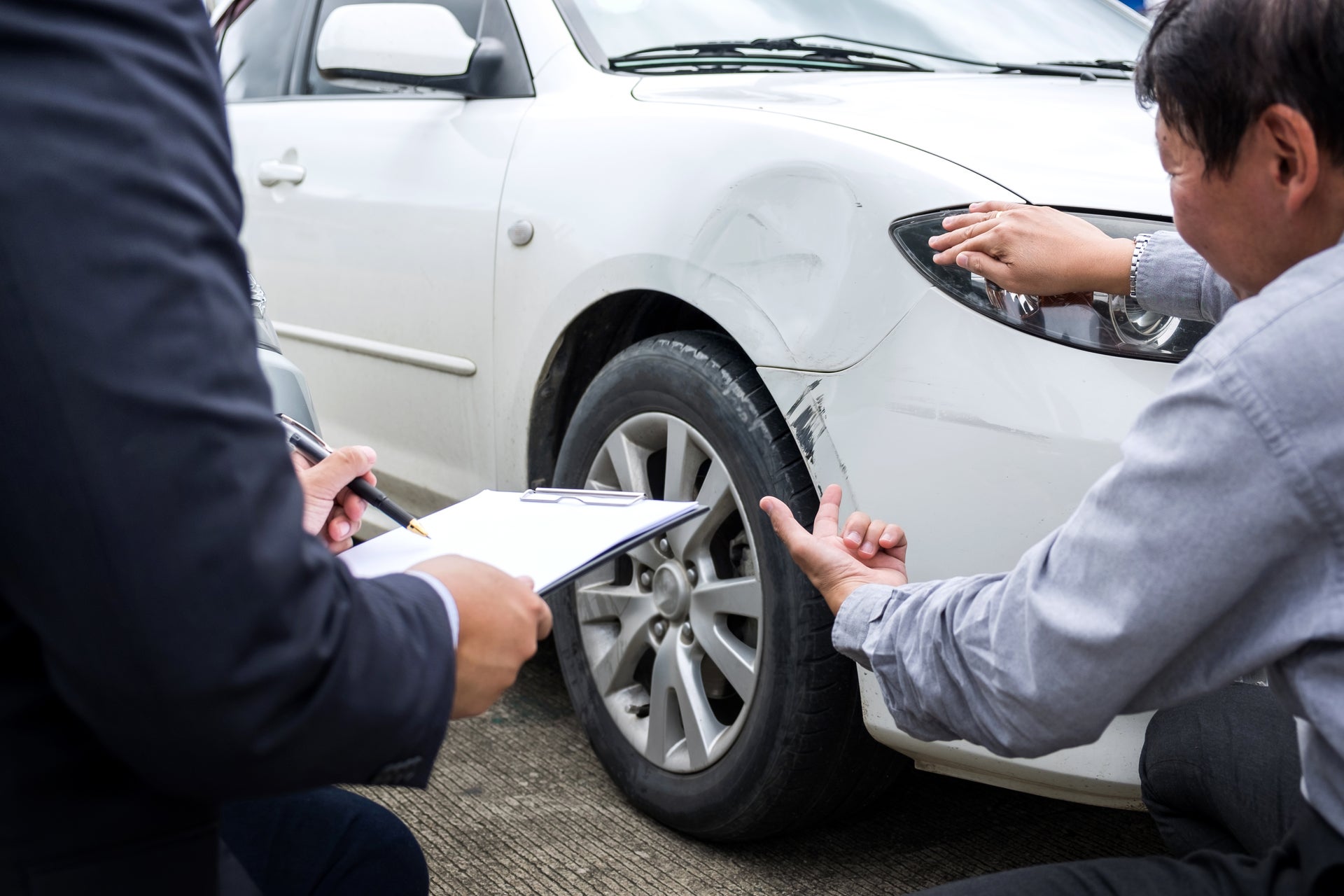How to File a Car Insurance Claim


Hours of Operation
Mon - Fri
Sat
Sun
7:30 AM - 6:00 PM
8:00 AM - 3:00 PM
Closed

Find us here
How to File a Car Insurance Claim
In an ideal world, every car accident would be a minor fender-bender. Unfortunately, that's not always the case. If you're involved in an accident, your first step should be filing a claim with your auto insurance company. This article will explain how to do just that — and why it's important to do so as soon as possible after an accident occurs.
What is a "car insurance claim"?
To file a car insurance claim is to ask your insurer for compensation. It's usually made when you've been involved in an accident or if your vehicle has been stolen or damaged by natural causes. The claim process is designed to help you get the compensation you need to cover any damages and losses related to the accident. Depending on your policy, this could include the following:
- Medical bills
- Property damage
- Lost wages due to missing work after an accident
- Liability claims made against you by others involved in the accident
A claimable accident is one that qualifies for coverage under your car insurance policy. It's important to note that not all accidents are claimable. Several factors determine whether you're able to make an insurance claim, including the type of accident, who was at fault, and whether any violations occurred.
The claim process can be confusing and time-consuming, so it's important to understand how auto insurance works before an accident occurs. You may also want to consider hiring an attorney who specializes in personal injury law if you're unsure about what steps to take after being involved in a car accident.
To be ready for when you need to contact your insurance company for any settlements, here is how to file an insurance claim and get approval:
1. Gather evidence about the accident
The first thing you'll need to do before filing an accident claim is gather evidence about the accident. This will help you prove your case when filing a claim and can also be used as proof in court if necessary.
Take photos of the accident scene. You should take several photos of each car involved in the accident, including close-up shots of damage and shots that show how far away they were from one another at impact (if applicable). Also, take pictures of any other property damage caused by your vehicle — for example, if it hit a tree or light pole or took out someone's mailbox or fence post.
Get the contact information of anyone involved in or who has witnessed your collision: names, phone numbers, email addresses, insurance company names or policy numbers, license plate numbers for both vehicles involved, and driver license number(s) for all drivers present during this incident.
2. Get a copy of the accident police report
The documentation from the police will be crucial in helping you determine who was at fault and why when you file an auto insurance claim, and it's important that you get all the information from them before they leave the scene. Your best bet is to ask an officer for their name, badge number, and any other contact info they're willing to give.
Don't admit or accuse anyone of fault — let the police do their job! They'll investigate each party involved independently before making decisions based on their findings. Be polite and professional when dealing with law enforcement and other parties at the scene.
3. Contact your insurance agent or company
Contact the insurance company or agent from which you purchased your car insurance policy. They will be able to help you with the process of filing a claim and getting coverage for any damages sustained in an accident.
When speaking with your insurer, give them as much information as possible about what happened so they can determine if it qualifies as an accident under their policy. They will usually ask for documentation, such as your claim form, photos of the accident, police report, and a medical certificate or receipt, if applicable. You should also remember that certain deadlines exist for filing vehicle damage claims. Check if yours has one.
If transportation expense coverage is included in your auto insurance policy, this may come into play should you need replacement transportation or a rental car while your vehicle is being repaired.
4. Talk to an insurance adjuster about estimating your damages
After submitting all the requirements for your car insurance claim, the insurance company will send an adjuster that will inspect your vehicle and take detailed notes on the damage. They'll also gather information from police reports, witness interviews, and medical bills. The adjuster will then provide an initial estimate of how much it will cost to repair your car or pay for medical expenses.
After this inspection and when the analysis process is complete, they will make an offer for settlement based on the information they have collected. If you accept this proposal, there won't be any further negotiation necessary unless more damage is found later on during repairs — which could change how much money comes out of pocket at that point in time!
If you think repair or medical expenses will be more than what was initially offered in settlement compensation, it would be best to continue negotiating. This could mean a higher settlement offer and/or reimbursement for additional expenses incurred as a result of your accident or injury!
5. Know your deductible
The next step is to make sure you understand how much your deductible is. Most car insurance policies include a deductible, which is the cost you have to pay out of pocket before your insurer starts paying for repairs. You can find this information in the policy documents that came with your car insurance.
If you're not sure how much your deductible is, check with your insurance company or look at the documents that came with your policy. The deductible amount will vary depending on your coverage, so make sure you know before deciding how much to set aside for repairs.
6. Get your approval and arrange repairs
Once you've been approved for your claim, it's time to get started on repairs. Your insurer will typically give you a list of repair shop options.
If you're planning on getting the repairs done at a shop that isn't on your insurer's list, you may still be reimbursed for the costs. Just make sure that they have experience working with vehicles like yours.
What happens if your car is totaled?
If your car is totaled, your insurance adjuster may decide that repairing the vehicle isn't safe or will cost more than the value of the car itself.
If this is true, your insurer may declare your vehicle a total loss and send you a check for its actual value (what it would be worth in today's market). This amount can be less than what you paid for the car. This can be a good option if your car is older or has depreciated since you purchased it.
Takeaway
There's no question that making a claim after a car accident can be stressful. But when it comes down to the paperwork, there are only a few things that you need to remember. Make sure you have all the relevant info on hand and give your insurance company as much information as possible so they can handle your claim quickly and efficiently!
If you need a repair shop when you've filed for a claim, you can always choose Criswell Acura in Baltimore, MD. We're a full-service dealership that can handle all of your auto repair needs. We have a team of highly trained technicians who are ready to fix your car on the spot. We want to help you stay safe on the road, so if you need a repair shop after filing a claim, stop by our service center or contact us at 443-482-3200.

